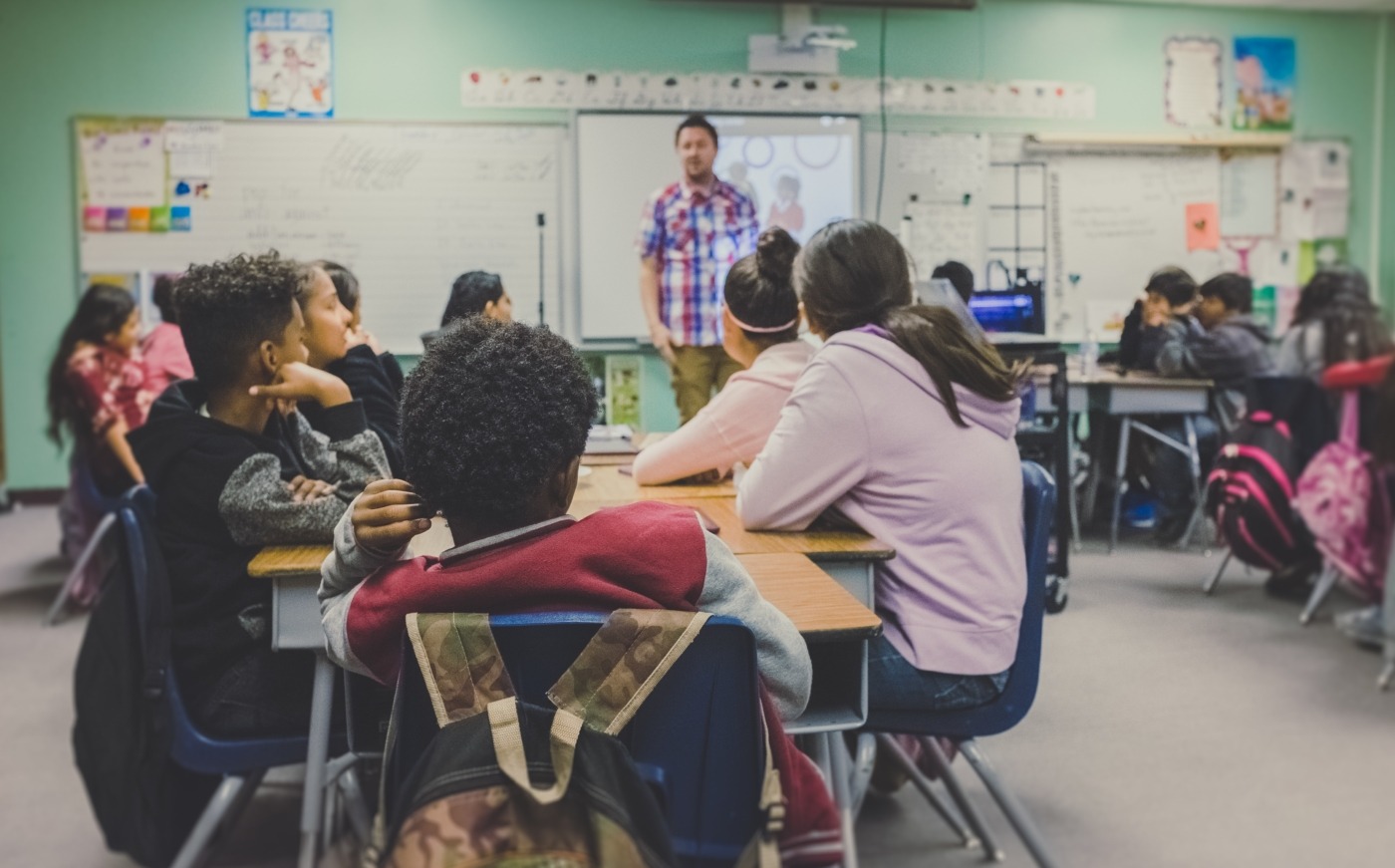Britain’s dark imperial past must be put on the school curriculum
In British education, the history curriculum is similar no matter the type of school or area. Before GCSE, topics revolve around themes like the Tudors, the Gunpowder plot, and the Industrial Revolution in Britain. Then at GCSE level, topics include medicine, the American West, Germany in the 20th Century, and the Vietnam War. It is clear that the history curriculum in its current form prioritises British, American and, at a stretch, European history.
Since 2010, policymakers in the UK have argued that it is necessary to promote “British values” in schools. A focus on Britain and its ‘great’ past on the world stage is a key part of this. When the curriculum does move outside of a focus on the UK, it is to discuss the ‘brave’ role that British soldiers played in World War Two or the successes that America had in ‘civilising’ the Wild West and bringing ‘order’ to Vietnam.
This narrow focus provided by the curriculum has a hugely detrimental impact. BAME students internalise the idea that their histories are less important or that they play a somewhat subordinate role in histories of the world. Being unrepresented in discussions of key historical events, cultural milestones and political changes affects the self-confidence and self-esteem of students from these backgrounds.
By shining a light on the horrors of Britain’s colonial past, we can transform attitudes surrounding race and prejudice
This isn’t to mention the incredibly negative impact that this has further down the line. As we are seeing globally in recent weeks, many white people are truly unaware of the concept of white privilege and the systemic oppression of people of colour globally. I would argue that greater discussions of black power movements, the political systems of countries outside of Europe and the injustices and horrors committed by Britain against people of colour in their empires around the world would help to raise awareness of the role we must play in helping to fix those injustices. When walking into a museum, I question how many people know how many of the artefacts in there were stolen from indigenous peoples around the world. How many people are aware of which buildings and landmarks in the UK profited from the barbaric British slave trade?
There are issues with the way that history is taught at so many levels in the UK, and this issue spans beyond schools. Decolonising movements exist in most universities around the UK, aiming to make the curriculum less systematically prejudice and more diverse. It is necessary to be sensitive and aware of the politics that comes with the nation-building projects, and how collective memory is controlled, through teaching history. The decision to teach extensively about slavery in the US but not in Britain creates a British attitude of detachment about race issues. White British people sometimes seem to think “it happens over there, but not here”, which diminishes their responsibility to do something about it.
We have a responsibility as the next generation of teachers, policymakers, and politicians to ensure that our children are taught a more truthful version of their history
A more diverse, decolonised history curriculum which directly addresses the horrors of the British empire, along with empires and conflicts around the world is important. However, it is also important to talk about other cultures more positively. Schools must teach students about the continents of Africa, Asia, South America, and the indigenous people from around the world. So many young people are disengaged and disillusioned by the histories that they are taught at school; a decolonised curriculum would inevitably inspire many more pupils.
The first time I encountered discussions of the negative impacts of colonialism and the importance of indigenous movements was in the first year of my A-levels when we studied Kenya’s 1952 Mau Mau rebellion. We have a responsibility as the next generation of teachers, policymakers, and politicians to ensure that our children are taught a more truthful version of their history. By shining a light on the horrors of Britain’s colonial past, we can transform attitudes surrounding race and prejudice.

Comments